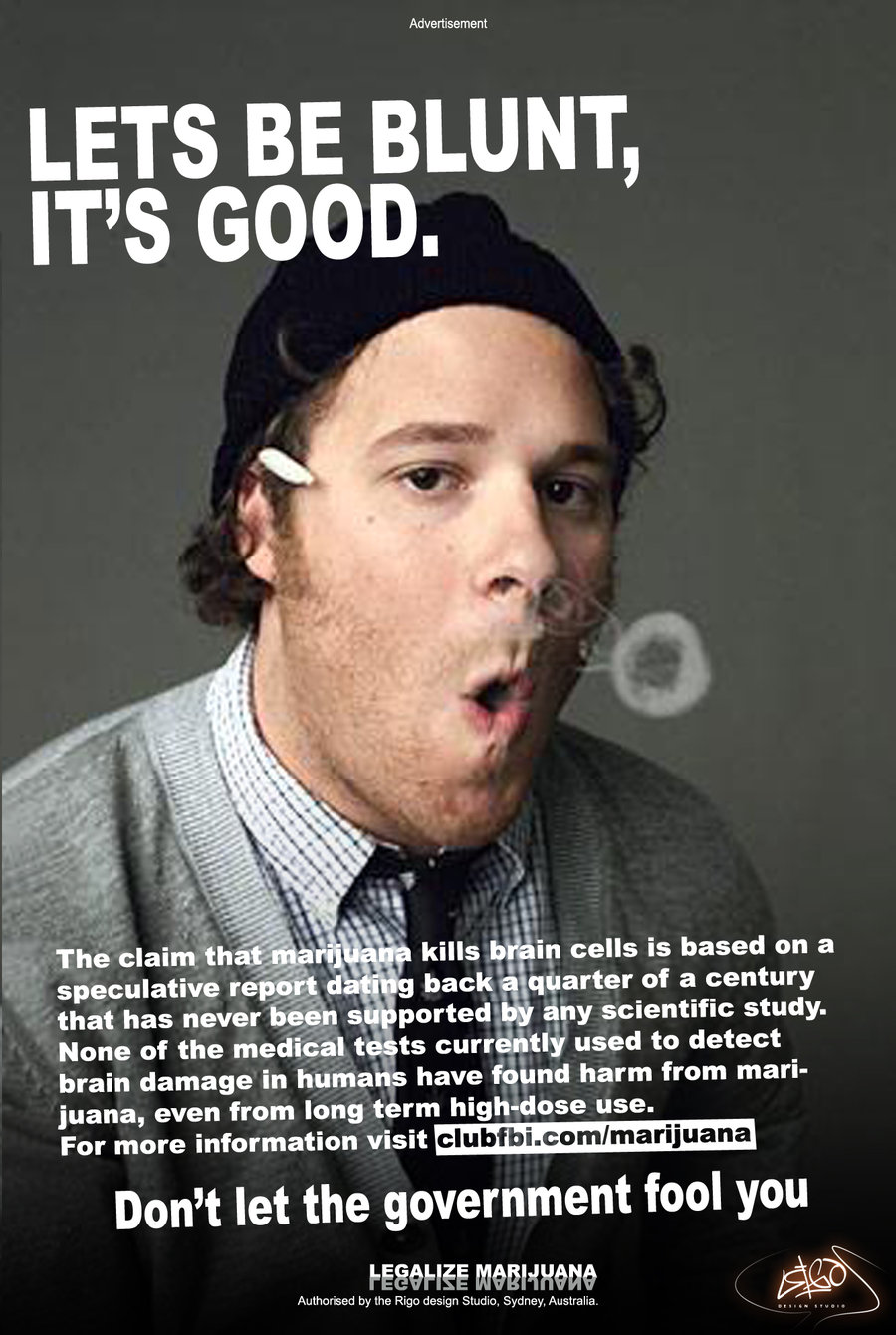In only two years since full-on legalization, Denver's marijuana industry
has surpassed $1 billion in sales. But who are the entrepreneurs at the
top of the Mile High City's market?According to an analysis of Denver's
1,046 marijuana business licenses by The Denver Post, a handful of businessmen have successfully cornered almost a quarter of the market. The Post finds
that 10 people, including a bankrupted Subway franchisee, a car-detail
shop owner, and a New Zealand-born child car seat entrepreneur, control
20
percent of all marijuana businesses in Denver. The rest of the market,
just over 80 percent, is controlled by 641 business owners.
That's significant stake when you consider that in 2015, more than $996
million worth of weed was sold in Colorado. The Post estimates that the
top five license holders rake in about $100 million in revenue each year.
When it comes to employment, the five biggest cannabis entrepreneurs,
Peter Knobel, Joshua Ginsberg, Rhett Jordan, John Lord, and John
Fritzel, employ about 2,000 people, which welcomes them into the top
12 private employers in Denver, the Postreports.
Peter Knobel, Joshua Ginsberg, and Rhett Jordan, who are all partners in
the Native Roots brand of marijuana grow facilities and dispensaries,
share the number one, two, and three spots on the list, with 59 licenses
among the three of them. Knobel, a telecom executive and Vail-based
real estate developer, owns half the partnership. (Licenses are granted to
companies, but the ownership structure is included. Depending on how companies are set up, different partners can own a bigger share of a
company's total licenses. Also, licenses can be bought and sold between businesses, but the new owner will have to apply for change of ownership.
All of this is why each partner is ranked individually.) Ginsberg, who ran
his own car-detail shop and a few other businesses before getting into
weed,and Jordan both own a quarter of the licenses.
John Lord is the fourth largest, with 43 licenses, and is the sole owner of
LivWell Enlightened Health, which has 14 locations across the state.
Lord owns the greatest number of licenses as an individual, but didn't
make the top slot because Native Roots is a bigger company. Lord also
boasts a string of other pot companies, including Flavored Essentials,
Infusiasm, and hip-hop artist Snoop Dogg's pot brand Leafs by Snoop.
John Fritzel went bankrupt in 2009 while in real estate, but started over
with one pot shop later that year. Today, he owns 32 marijuana licenses
across four companies, Buddy Boy, PotCo, Lightshade Labs, and
MJardin, a marijuana consultancy he runs that has clients in almost
10 states.
Anthony Sauro, Christian Johnson, and Matthew Aiken are in sixth,
seventh and eighth places, with 27 licenses under the brand name Sweet
Leaf. Each of the partners owns an equal share of the business.
Shawn Phillips, who owns nine dispensaries under the Strainwise brand,
which is owned by his wife, Erin Phillips, comes in ninth place with 22
licenses.
Joseph Max Cohen comes in 10th place, with 21 licenses for sixth
dispensaries under the brand the Clinic and a concentrates
manufacturing company under the brand the Lab. Cohen, who used
to develop commercial land, has licensed his business in Nevada
and Illinois.
Recently, the Denver City Council voted to constrain the industry's
growth
by freezing the licensing of new businesses. For the time being, no new
licenses will be issued (except 45 that are currently pending). The city
has capped the number of grow facilities and retail shops to 421.
According to the Post, most of the 10 largest pot businesses in Denver
grew through acquisitions of smaller businesses. State records show
that 450 change-of-ownership applications were filed in Denver as
smaller companies threw in the towel, the Postreports.
Entrepreneur Toni Savage Fox, who started in medical marijuana but
then pivoted to recreational sales after 2014, says that the combination
of strict regulations,
heavy tax burdens under 280E, which is a tax code
the IRS made in the 1970s for drug dealers that doesn't allow regular
business deductions, and a lack of support from banks means smaller
mom-and-pop pot shops will be selling out to bigger companies.
"I don't believe there is any room in the future of retail cannabis for
small, independent shops such as mine," Savage Fox tells the
Post.
"Not for much longer, anyway."












